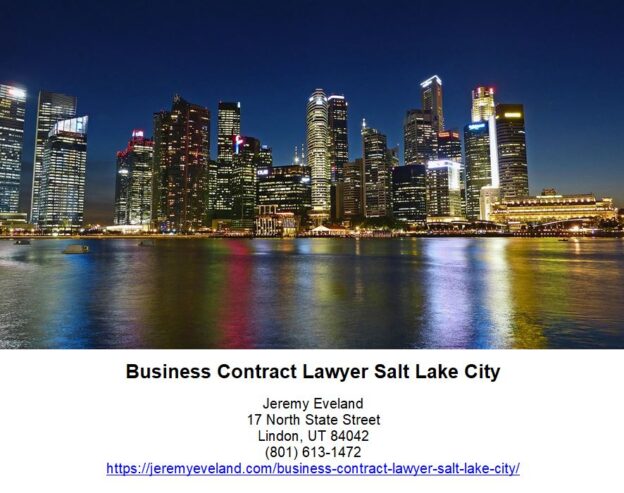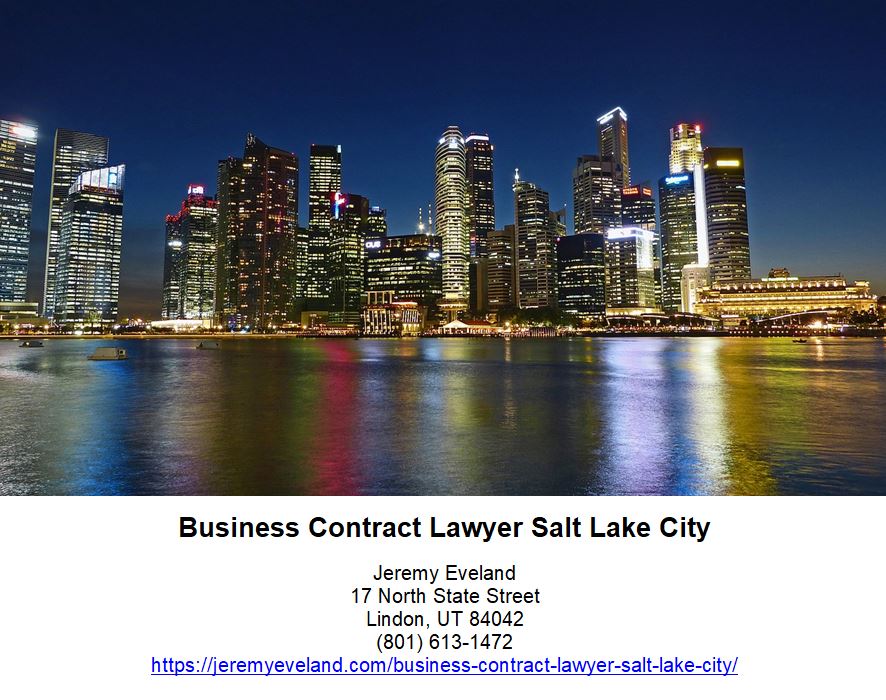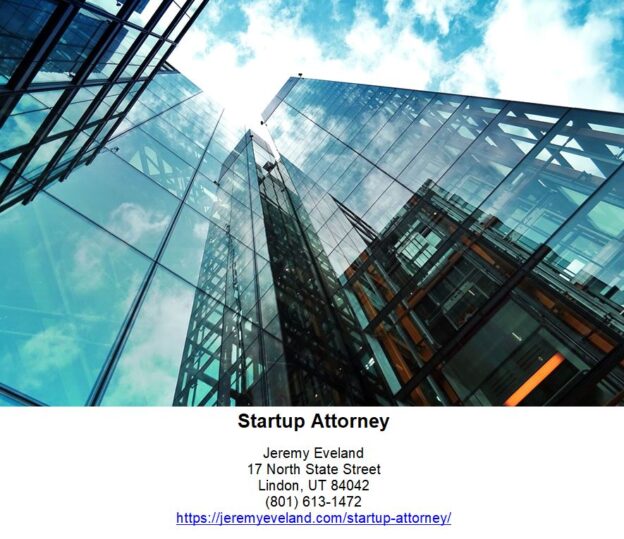If you find yourself in the unfortunate situation of being at fault in a car accident, you may be wondering who will be responsible for paying your lawyer fees. Well, rest assured, we’re here to give you all the information you need. In this article, we will explore the topic of who pays lawyer fees in the event of a car accident that is deemed your fault. By understanding the ins and outs of this matter, you will be better equipped to handle any legal proceedings that may arise. So, let’s dive in and find out who foots the bill when the fault lies with you.

Introduction
When it comes to car accidents, understanding liability is crucial. Determining fault in a car accident is a complex process, but it plays a significant role in determining who is responsible for covering the damages. In this article, we will dive into the factors that determine car accident liability, the importance of legal representation in such cases, and the different options available for paying lawyer fees. By the end, you’ll have a comprehensive understanding of how car accident cases work and the implications of lawyer fees on your compensation.
Understanding Car Accident Liability
Primary Factors of Car Accident Liability
Car accident liability is based on negligence or the failure to exercise reasonable care while driving. The primary factors that contribute to determining liability include:
- Negligent behavior: Whether a driver was speeding, distracted, intoxicated, or violated traffic laws, their actions can establish liability.
- Duty of care: All drivers have a responsibility to operate their vehicles safely and follow traffic regulations.
- Proximate cause: There must be a direct connection between the at-fault driver’s negligence and the resulting damages.
Determining Fault in a Car Accident
Determining fault in a car accident involves an investigation into the circumstances surrounding the event. This can include police reports, witness testimonies, photographs, and expert analysis. It’s important to note that fault can be shared among multiple parties, which may impact the compensation each party is entitled to receive.
Liability Insurance and Car Accidents
Liability insurance plays a crucial role in car accident cases. Most states require drivers to carry liability insurance to cover damages they cause to others. This insurance coverage helps protect both the at-fault driver and the victim. If you are involved in a car accident, the at-fault driver’s insurance company will typically cover your damages, avoiding personal financial liability.
Legal Representation in Car Accident Cases
Importance of a Lawyer in Car Accident Cases
Hiring a lawyer for your car accident case is highly advisable. A legal professional specializes in navigating the complexities of personal injury law, ensuring that your rights are protected and you receive fair compensation. They handle all the legal aspects, including gathering evidence, negotiating with insurance companies, and advocating for your best interests.
When Should You Hire a Lawyer?
If you have been injured in a car accident, it is generally recommended to hire a lawyer as soon as possible. The sooner you have legal representation, the sooner they can begin building a strong case on your behalf. Additionally, if the accident involved severe injuries, multiple parties, or disputed liability, an attorney’s expertise becomes even more essential.
Types of Lawyers in Car Accident Cases
There are different types of lawyers who handle car accident cases. Personal Injury lawyers specialize in cases involving physical injuries, while Car Accident lawyers focus specifically on accidents involving vehicles. It’s crucial to choose an attorney experienced in car accident cases to ensure you receive the best possible representation.
Paying for Legal Fees in Car Accident Cases
Understanding Lawyer Fees
Before delving into the payment options, it’s important to understand how lawyer fees are structured. Lawyers typically charge either an hourly rate or a contingency fee. Hourly rates involve paying for the attorney’s time spent on your case, while contingency fees are a percentage of the compensation awarded if the case is successful.
Who Pays the Lawyer Fees in a Car Accident?
In most car accident cases, the injured party does not have to pay the lawyer fees themselves. Instead, the attorney’s fees are typically taken from the settlement or verdict obtained on your behalf. This allows you to access legal representation without the added burden of upfront costs.
Insurance Coverage for Legal Costs
In some cases, insurance policies may include coverage for legal costs. If you have applicable coverage, your insurance company may cover the attorney’s fees and other associated expenses. It’s important to review your policy or consult with an attorney to determine if such coverage is available to you.

Factors Impacting the Payment of Lawyer Fees
Personal Injury Protection (PIP) Coverage
Personal Injury Protection (PIP) is a type of coverage that may be included in your insurance policy. PIP coverage typically covers medical expenses, lost wages, and other related costs regardless of who was at fault in the accident. Depending on your policy, PIP coverage may also extend to attorney fees, providing additional financial assistance.
Limitations of Coverage
While PIP coverage can be beneficial, it may have limitations. Each policy has specific coverage limits, and once those limits are reached, you may need to explore other options to cover the remaining legal fees. Understanding the limitations of your coverage is crucial when considering how to pay your lawyer fees.
Policy Coverage and Deductibles
Insurance policies often have deductibles, which are the initial amounts you are responsible for paying before the coverage kicks in. Deductibles can impact your ability to utilize insurance coverage for legal fees. It’s important to review your policy to determine if your deductible applies to lawyer fees or if there are any exceptions.
At-Fault Driver’s Responsibility
If you were not at fault for the accident, the at-fault driver’s liability insurance should cover your lawyer fees. Their insurance company is responsible for compensating you for your damages, including legal costs. Your attorney will work on your behalf to establish liability and ensure that the at-fault driver’s insurance covers all applicable expenses.
Negotiating Legal Fees
In some cases, it may be possible to negotiate legal fees with your attorney. This is particularly relevant in situations where the compensation awarded may be lower, such as in minor injury cases. Communicating openly with your lawyer about your financial concerns can assist in finding a solution that works for both parties.
Options for Paying Lawyer Fees
Paying Out of Pocket
If insurance coverage is not available or sufficient, paying lawyer fees out of pocket is always an option. While it may require upfront payment, it allows you to retain legal representation without any potential limitations on the compensation you receive.
Contingency Fee Arrangements
Contingency fee arrangements are a common payment option for car accident cases. Instead of paying your lawyer upfront, they receive a percentage of the compensation obtained if your case is successful. This arrangement ensures that the lawyer’s fees are directly tied to the outcome of your case, motivating them to work diligently on your behalf.
Legal Aid and Pro Bono Services
In certain situations, you may be eligible for legal aid or pro bono services. These programs provide free or reduced-cost legal assistance to individuals who cannot afford to pay for representation. Eligibility criteria vary, so it’s crucial to reach out to local legal aid organizations to determine if you qualify for their services.
Settlement Negotiations with Insurance
If you are having difficulties paying your lawyer fees, your attorney can negotiate with the insurance company for an upfront payment. This can help cover the immediate legal costs while your case is ongoing. Settlement negotiations can be complex, but with skilled legal representation, you can find a solution that eases the financial burden.
Implications of Legal Fees on Car Accident Compensation
Effect of Legal Fees on Personal Injury Settlement
The payment of legal fees can impact your overall personal injury settlement. Before finalizing any settlement, it’s important to factor in the lawyer fees that will be deducted from the total amount received. Your attorney will guide you through this process, ensuring that you understand how the fees will affect your compensation.
Maximizing Compensation
Having a lawyer by your side can help maximize your compensation. They will work diligently to gather evidence, negotiate with insurance companies, and build a strong case on your behalf. By leveraging their experience and expertise, you increase your chances of receiving fair and full compensation for your damages.
Potential Out-of-Pocket Expenses
Although lawyer fees are a significant concern, it’s also essential to consider other potential out-of-pocket expenses. These can include medical bills, vehicle repairs, and other costs associated with the accident. Your attorney will assist in identifying these expenses and ensuring they are included in your compensation claim.
Frequently Asked Questions
1. Can I afford a lawyer if the accident was my fault?
Yes, you can still afford a lawyer even if the accident was your fault. In most cases, the at-fault driver’s liability insurance will cover your lawyer fees and other damages. It’s important to consult with an attorney to understand the legal implications and options available to you.
2. What if the at-fault driver does not have insurance?
If the at-fault driver does not have insurance, it may complicate the process of obtaining compensation. However, there are alternative options available, such as uninsured motorist coverage or pursuing legal action against the at-fault driver personally. A lawyer can guide you through the necessary steps to recover your losses.
3. Will hiring a lawyer increase my chances of winning the case?
Yes, hiring a lawyer can significantly increase your chances of winning your case. A lawyer specializes in personal injury law and understands the legal complexities involved in car accident cases. They will build a strong case on your behalf, negotiate with insurance companies, and advocate for your best interests throughout the process.
4. Can I negotiate the lawyer’s fees?
In certain circumstances, it may be possible to negotiate the lawyer’s fees. It’s important to have open and transparent communication with your attorney regarding your financial situation. They may be willing to work out a payment arrangement or explore options that align with your needs.
5. What if I cannot afford to pay for a lawyer?
If you cannot afford to pay for a lawyer, you may be eligible for legal aid or pro bono services. These programs provide free or reduced-cost legal assistance to individuals who meet specific criteria. Reach out to local legal aid organizations to determine if you qualify for their services.























